Transforming Bangladesh Public Administration

UNDP Bangladesh's Strengthening Institutions, Policies and Service (SIPS) project and The Daily Star jointly organised a roundtable titled "Transforming Bangladesh Public Administration: Overcoming Challenges and Shaping Reforms" on December 4, 2024, supported by the Embassy of Switzerland in Bangladesh, with research support from the Centre on Budget and Policy of Dhaka University. Below is a summary of the discussion.
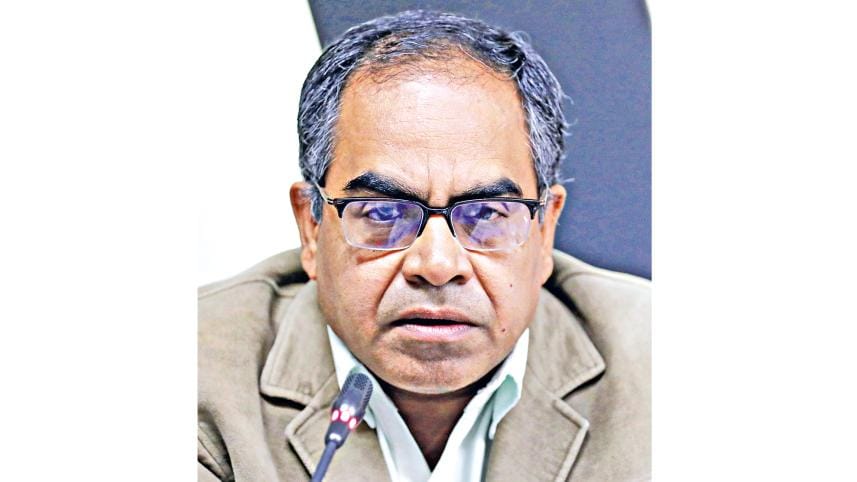
Dr Kazi Maruful Islam, Professor, Department of Development Studies, Dhaka University
Discussions on reforming public administration in Bangladesh have been ongoing, but the July mass uprising has brought the issue to the forefront. This movement, centred on equitable access to government jobs and civil services, underscores the urgent need to reform the administrative framework to build a truly democratic Bangladesh.
Bangladesh's civil service, shaped by its colonial legacy, has evolved over decades but still reflects colonial influences in its structure and psyche. A lack of accountability within the administrative machinery has nurtured a gradual slide into totalitarianism, deeply entrenched in systemic flaws that have persisted over time.
Two key challenges exacerbate this issue: (1) the politicisation of the civil service and (2) centralised decision-making. The civil service has become a tool for political partisanship, while decision-making remains concentrated within secretariats, leading to inefficiency. A third challenge, inter-cadre discrimination, has rendered the civil service dysfunctional. Differences in responsibilities, authorities, and facilities among cadres demotivate officials and hinder effectiveness.
The recruitment process also requires reform. Entry-level exams, which are lengthy and focus on questionable subjects, fail to adequately assess candidates' aptitude and skills. Training and practices within the civil service reflect colonial-era mindsets, creating additional barriers.
Proposed reforms must address legislative, structural, and attitudinal changes. For instance, the Government Servants (Discipline and Appeal) Rules 2018 must be revised to align with the Civil Service Act and the Code of Criminal Procedure (CRPC). Outdated laws, such as the Bangladesh Government Servants (Conduct) Rules of 1979, must also be updated. Seniority and promotion policies should be transparent and merit-based.
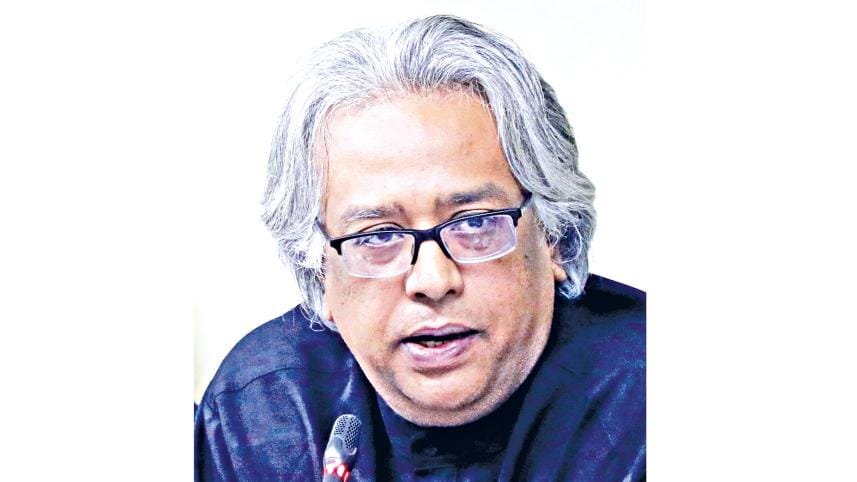
Dr Asif Mohammad Shahan, Professor, Department of Development Studies, Dhaka University
Since 1972, bureaucracy has been excessively empowered under authoritarian governance. Subsequent regulations, including the Civil Servant Recruitment (Conduct) Rules1979 and the Government Servants (Discipline and Appeal) Rules 1985, further entrenched bureaucratic dominance, reinforcing authoritarian control. Despite democratic transition in 1991, the role of public administration in democracy remained undefined, leading to politicisation in recruitment, contractual promotion, and transfers. With unresolved issues, we could not determine the relationship between politics and administration.
Politics and administration complement each other in many countries, creating a balanced relationship. In Bangladesh, however, the bureaucracy has lost its credibility and fails to represent citizens' perspectives. Striking a balance is critical—a weak bureaucracy allows politicians to dominate, while an overbearing one ignores public demands. Professionalism in civil service is essential to achieving this balance.
A Civil Service Court, as practiced in the UK, Malaysia, Hong Kong, and Bhutan, could define civil service integrity, political neutrality, and permissible actions. Current rules inadequately address the bureaucracy's broader political role, leaving officials vulnerable. A Civil Service Court protects by offering guidelines on conduct and violations.
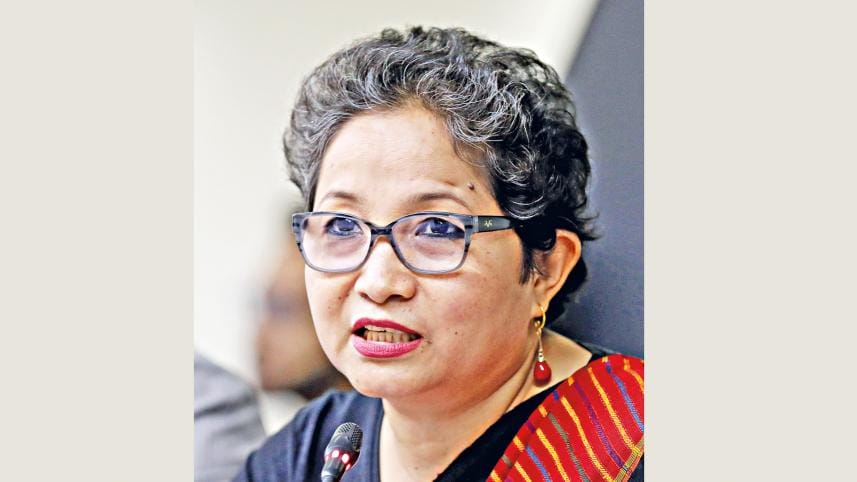
Ilira Dewan, Member, Local Government Reform Commission
Before quota system was abolished in 2018, indigenous communities were allocated 5% of the quota, which was later reduced to 1% and shared with persons with disabilities. During the 34th to 39th BCS exams, 16,988 candidates were recommended for appointment, of whom only 164 were indigenous, constituting just 0.95%, despite the 5% quota allocation. Following the quota's abolishment, only four indigenous individuals were recommended in the 40th, 41st, and 42nd BCS exams, representing a mere 0.05%. Given that Bangladesh is home to over 50 ethnic groups, the current 1% quota is inadequate to ensure fair representation for both indigenous communities and persons with disabilities.
Additionally, quota provisions apply only after candidates pass the preliminary and written exams. To ensure equity for underrepresented groups, I propose introducing separate exams for indigenous candidates.
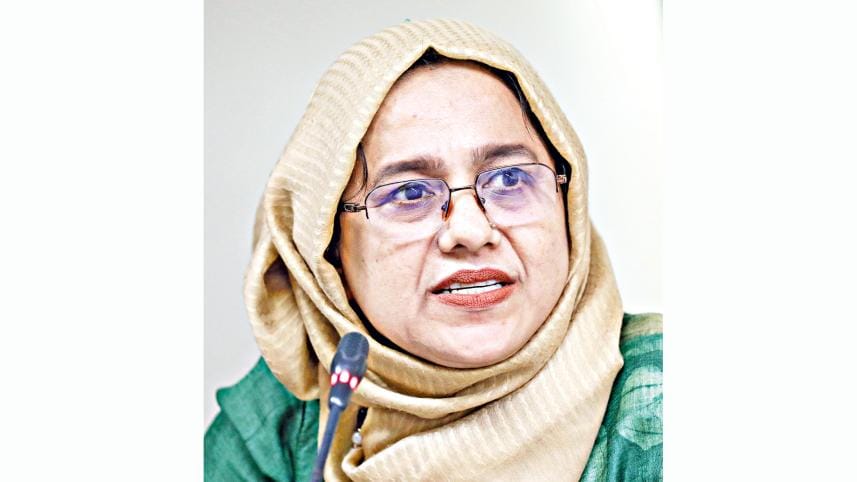
Dr Ferdous Arfina Osman, Former Chairman, Department of Public Administration, Dhaka University
We must decide whether our public administration should focus on service delivery or act as a catalyst for nation-building. East Asian countries like Singapore, Malaysia, and Japan transformed from war-torn states to thriving economies by strengthening their bureaucracies. In Bangladesh's case, our bureaucracy has largely been politicized rather than contributing as a driving force for economic growth and policymaking. This has left our democracy fragile and our bureaucracy weakened, devoid of institutional integrity and independence.
To address this, we must first address challenges of centralized decision-making and move towards decentralization. Similarly, we must address politicization challenges in recruitment and promotion processes. Structural reforms should include considering whether it is possible to reduce the number of ministries and cadres, revise the BCS exam to emphasise assessing aptitudes over rote learning, and ensure transparent promotion policies. Behavioural reforms should include a strict code of conduct with enforceable penalties for violations.
An effective implementation strategy is equally crucial. An independent authority should oversee reform implementation, addressing the prevalent culture of non-implementation.
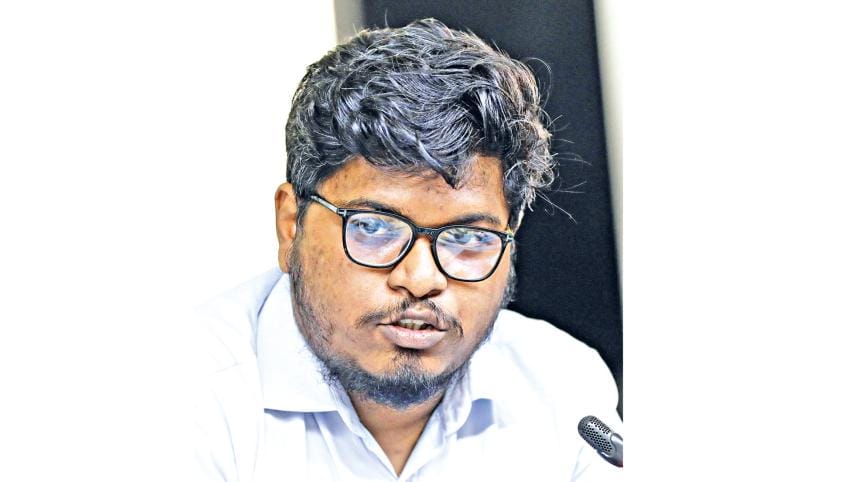
Md Azaher Uddin Anik, Member, Central Nagorik Committee
The quota protest aimed to address discrimination in freedom fighters and other quotas in government jobs and not to eliminate benefits for marginalised groups. Future reforms must ensure citizen participation to promote inclusivity and reduce backlash. Economic fragility, weak labour law enforcement, and exploitation in the private sector have made secure, high-paying government jobs highly coveted. Bridging the industry-academia gap and aligning university curricula with market needs are crucial to reducing dependence on government jobs. Additionally, BCS exams and recruitment processes must be transparent, addressing issues like nepotism and question leaks.
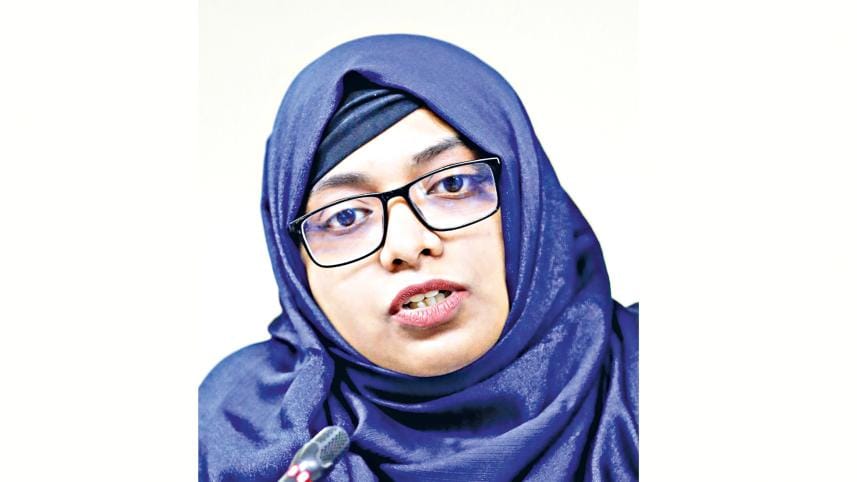
Mysha Farah, Student, Dhaka University
It is difficult to pursue a career in research or academia as politicised and biased recruitment process in universities are disheartening especially for students without political affiliations. Merit is often overshadowed by bias, leaving capable candidates with limited options such as pursuing opportunities abroad that fuels 'brain drain' for Bangladesh. Alternatively, many seek government jobs, driving the widespread "BCS craze" across the country. Similarly, I observed a disconnect between my academic education and the exam materials when preparing for the BCS exams. I recommend reviewing exam questions so that these are tailored to students from different disciplines, ensuring better alignment with their academic backgrounds.
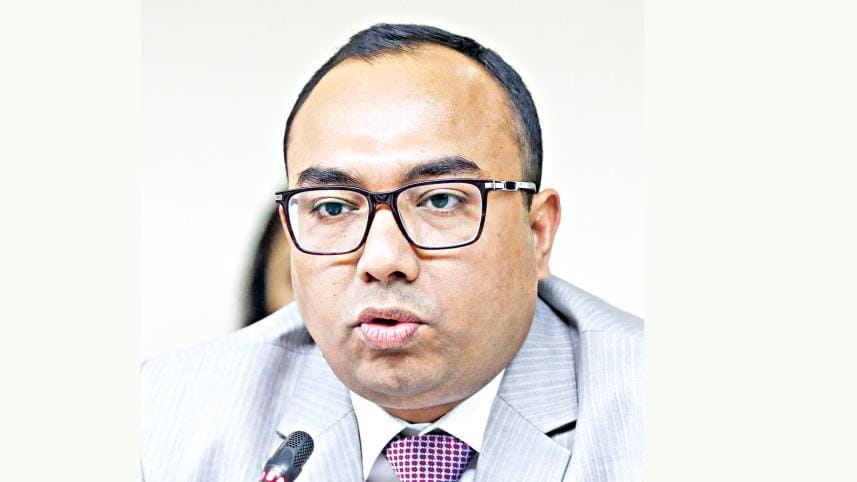
Abu Jafor Ripon, Director, BPATC
The Bangladesh Public Administration
Training Centre (BPATC) trains civil servants across various career levels. Starting with the Foundation Training Course (FTC), the curriculum emphasizes professionalism, current national issues, and effective communication.
BPATC fosters accountability and service-oriented attitudes, training civil servants on key accountability tools like the Right to Information Act, Annual Performance Agreement, the National Integrity Strategy, and the Grievance Redressal System. Despite these efforts, challenges persist due to weak political systems, which hinder bureaucratic efficacy.
Improved inter-agency coordination, especially during disasters, and better utilization of digital tools like one-stop services could enhance governance and curb corruption.
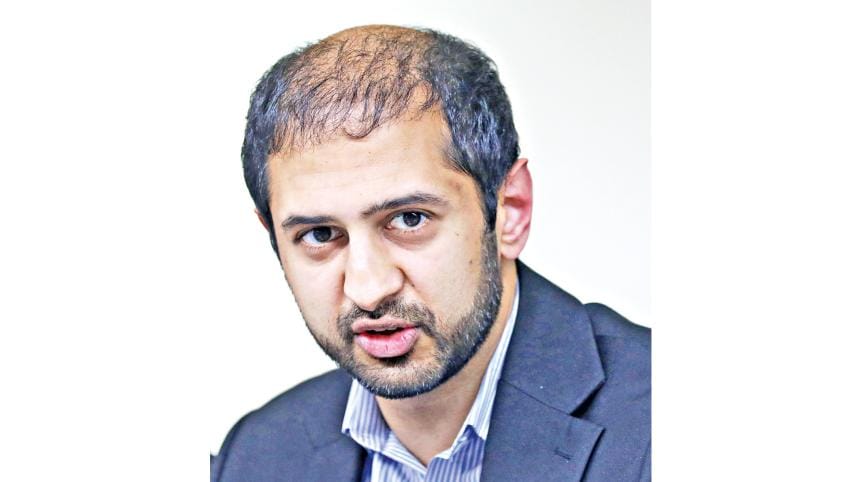
Neil Gandhi, Senior Governance Adviser, British High Commission, Dhaka
We agree now is the time to significantly improve public administration in Bangladesh. The country has the opportunity to think through the purpose of the public administration, change recruitment methods to hire the best people and create a civil service that is truly independent, effective and accountable.
All of this will take work, and we are committed to supporting people who can drive sustainable change in the public administration that can improve service delivery. The people of Bangladesh will lead this change, but we are ready to share our expertise, provide access to our networks and fund efforts to support improvements in public administration.
The task of the reform commission is to identify impactful reforms, but it is the responsibility of the people of Bangladesh, future governments and the international community to ensure that these recommendations are implemented and that these reforms deliver for everyone.
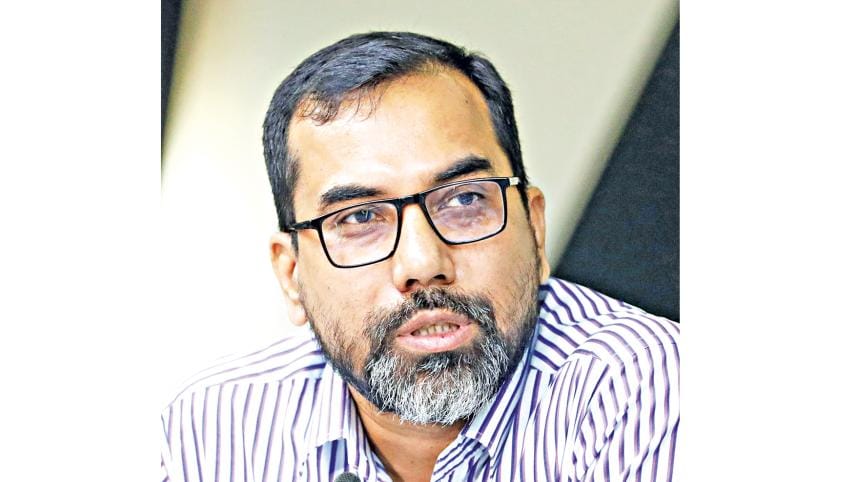
Md Sirajul Islam, Senior Academic Coordinator, BIGD, BRAC University
We must remain vigilant about the vision of public administration and carefully consider how much good governance and administration can truly contribute to our goals. Effective damage control management must be in place to ensure good governance. To achieve greater success and enhance the efficiency of the bureaucracy, we should adopt a bottom-up approach. Any public policy execution should involve stakeholders from the grassroots level, particularly at the district level. It is essential to encourage the participation of lower-tier officials.
I believe technological innovation is crucial for accelerating rapid transformation. For instance, in the case of the AC Land office, installing web cameras for proper surveillance can help improve oversight. Lastly, I want to highlight the issue of high mandates given to bureaucrats with limited capacity, leading to poor outcomes. This cycle must be addressed for improved performance and accountability.
Najia Hashemee, Senior Governance Adviser, UNDP Bangladesh
I want to highlight three key areas for the reform commission to take into consideration:
First, develop a framework for young bureaucrats. To drive meaningful change, young people must be placed in decision-making roles within the administration. It's not enough to simply include them; they should be empowered to take decisions, bring fresh ideas and enthusiasm needed to transform governance in Bangladesh.
Secondly, we need to prepare the civil service for the digital era, with emphasis on building their capacities to understand and utilize artificial intelligence to the benefit of service to the public.
Thirdly, while youth participation is frequently highlighted, there is a lack of clear strategies for fostering meaningful collaboration between younger and senior professionals within the civil service. This disconnect hampers the exchange of ideas, institutional knowledge, and innovation, which are crucial for building a dynamic and future-ready public administration. I urge the Reform Commission to address this gap and prioritize effective intergenerational leadership as a key element of civil service reform.
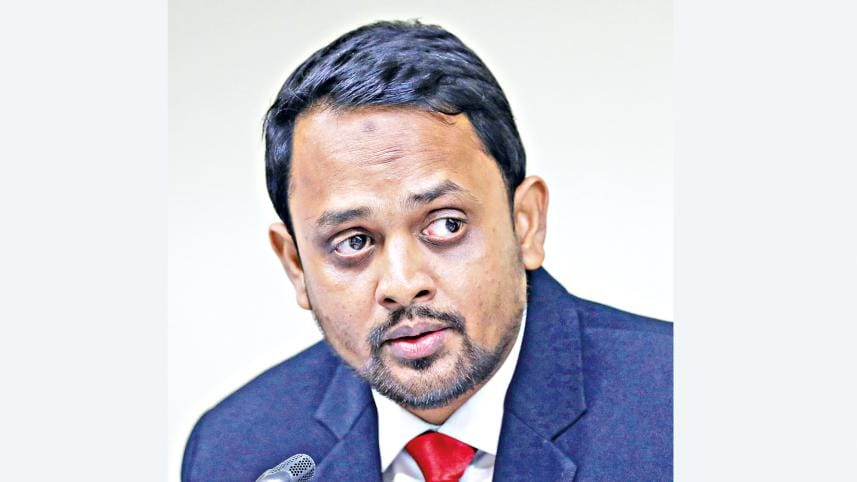
Kamrul Islam Khan Hridoy, Chief Business Development, Intelion Techbridge
As a visually impaired individual, I believe several critical issues regarding access and inclusion within public administration require urgent attention. While technology holds great potential for fostering inclusion, assistive technologies remain inaccessible to many. The government must ensure their availability and widespread distribution.
Age limits in civil service should reflect the unique barriers faced by differently-abled individuals in education and career preparation. Moreover, the Rights and Protection of Persons with Disabilities Act 2013, though commendable, remains poorly implemented. Initiatives by the Social Welfare Department, such as pedagogical methods for the visually impaired, lack trained personnel familiar with tools like Braille.
During BCS exams, scribal assistance often falls short, further limiting opportunities for differently-abled candidates.
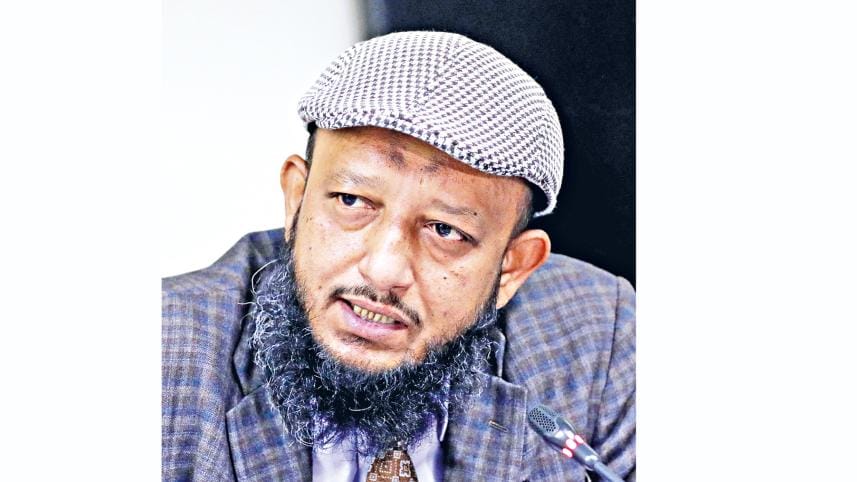
Abu Sayed Md Kamruzzaman, Additional Secretary, ICT Division
In the age of digital technology, service delivery that once took ages is now available at our doorsteps. However, it is deeply concerning that our privacy and data security are at risk. To mitigate these hazards, digital literacy must be prioritised, and a solid foundation in digital skills should be embedded at every level of society.
Decolonising the BCS discourse is essential for fostering an entrepreneurial youth cohort in Bangladesh, encouraging fresh thinking and innovation.
While we often discuss the ICT-driven new generation, it is crucial to recognise that project management must be placed on equal footing with other aspects of innovation and governance.
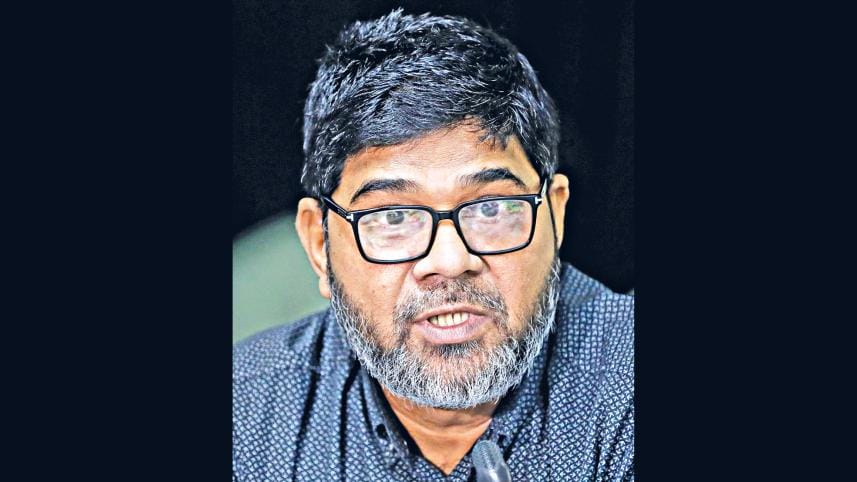
Dr Mohammad Mizanur Rahman, Additional Secretary, Government of Bangladesh
Establishing an effective civil service must be a national agenda. Rwanda, for example, has achieved notable success over the years as part of rebuilding itself in the aftermath of the 1994 genocide. In contrast, Bangladesh's bureaucracy has been systematically weakened, as it is inherently dependent not only on political leadership but other vested interests.
Since independence, we have failed to establish an environment conducive to an effective bureaucracy. Instead, a new elite settlement has emerged that benefits from a weak bureaucracy. Although we have formed numerous commissions in the past, the lack of political will has stunted impactful reforms. Moving forward, any meaningful reform must be part of a broader political agenda aimed at state-building and governance.
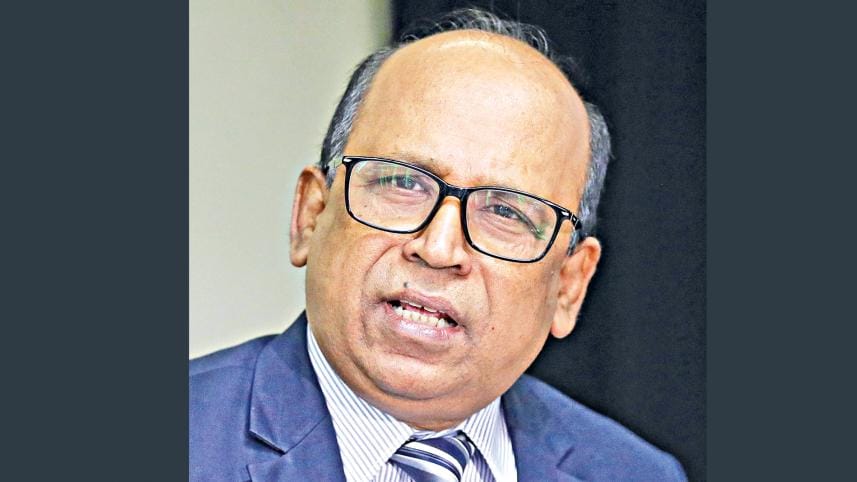
Dr Md Omar Faruque, Rector, BCS Administration Academy
Politics plays a central role in the functioning of bureaucracy—it is like a horse that follows the reins of politics. If politics remains flawed, the bureaucracy or civil administration cannot function effectively.
Promotion within the bureaucracy is another issue. If the focus is solely on increasing quantity, quality inevitably declines. The BPSC should recruit fewer candidates; for instance, India, despite its vast size, recruits around 5,000 candidates into the IAS, while we now recruit over 5,000.
Assessments within the public service should be qualitative, objective, and transparent—not subjective. The promotion process, too, lacks a systematic structure and often relies on ad-hoc, selective promotions. A standard exam is necessary to prevent any political government from manipulating the promotion system.
To improve communication and information dissemination, the Cabinet or Information Ministry could establish a media cell similar to the ISPR (Inter-Services Public Relations), creating a centralised database and information system. Additionally, departmental punishments tend to be preemptive rather than corrective. To address inter-cadre disparities, a dedicated commission could be formed to achieve equitable solutions.
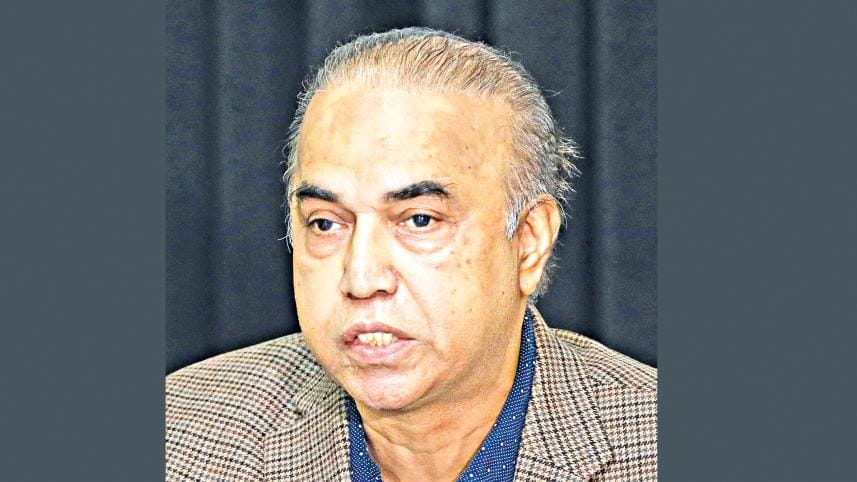
Khondoker Aminur Rahman, Member, Public Administration Reform Commission
The allure of government positions due to opportunities for corruption underscores a troubling reality. Having worked with the Anti-Corruption Commission (ACC), I have witnessed how major corruption occurs, particularly in project implementation. Altering pivotal systemic processes is essential to address these issues effectively.
Many Asian counterparts have surpassed Bangladesh in development, largely due to adopting transformative approaches. Learning from past, present, and future commission reports can guide necessary reforms. Asset declaration is a commendable step towards promoting transparency. Income Tax Returns (ITRs) ensure compliance with tax laws and provide visibility into financial transactions. Strengthening monitoring systems, such as tracking assets and money flows, is vital for curbing illegal activities.
Recognising and promoting honest, dedicated officials can set essential precedents and foster a culture of integrity within the bureaucracy.
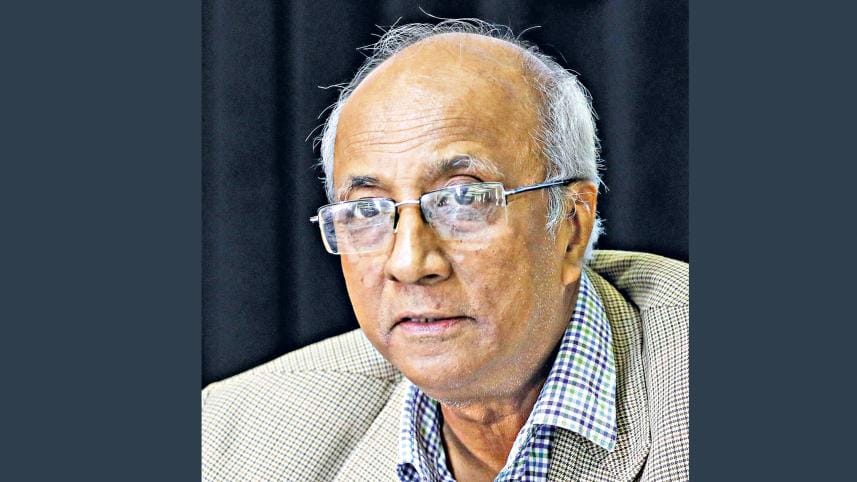
Dr Rizwan Khair, Former Additional Secretary and Member, Public Administration Reform Commission
Almost all of us in the commission believe that merit-based steps are the need of the hour. Thus, an ethical workforce is mandatory; without this, training may not count for much. When a reform takes place, changing behaviours is more difficult than altering processes and structures. We often overlook the fact that in Bangladesh, structural improvements are lacking, even though reforms have been initiated.
The public sector should be given the space to think innovatively and express their views. In addition, the sector must be authorised not always to take the politically biased option and make bold moves. The prevalence of yes-men in bureaucracy stifles innovation and critical thinking, as decision-making becomes driven by conformity rather than genuine problem-solving.
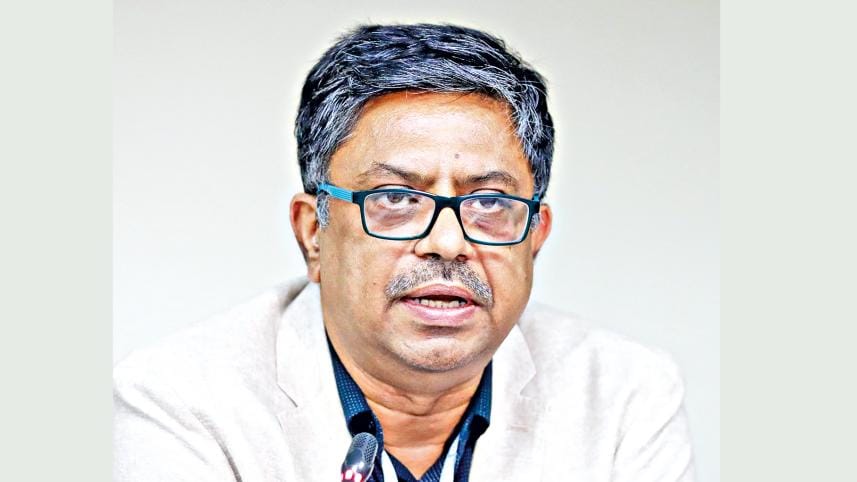
Anowarul Haq, Assistant Resident Representative, UNDP Bangladesh
Based on UNDP's experience, no initiative can succeed without political consensus and a strong sense of ownership. Comprehensive reform of the administrative system is critical, including discussions on decentralization. Key issues such as how the state will function, the roles and relationships between central and local governments, and the ambiguities in accountability between bureaucrats and elected representatives must be addressed.
Our recommendations include making the administration gender-responsive and inclusive, establishing robust accountability mechanisms, and embracing digital transformation for smart and people-friendly service delivery, such as online tracking systems.
Prioritizing anti-corruption measures is essential to rebuilding public trust. The recently published whitepaper on corruption highlights that a significant challenge lies in the overlap of interests among the state, market, and civil society. Effective strategies are needed to prevent such occurrences in the future.
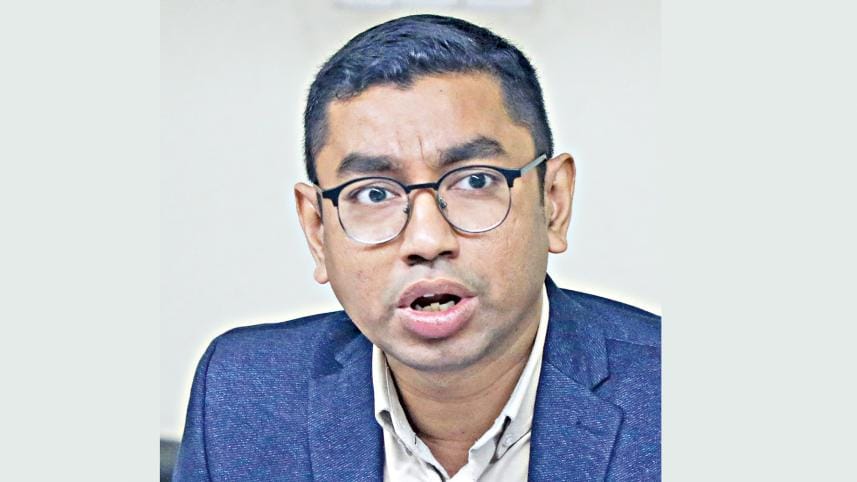
Tanjim Ferdous, In-charge, NGOs and Foreign Missions, Business Development Team, The Daily Star & Moderator
The Bangladesh Civil Service faces challenges in effectiveness, transparency, and public trust. This roundtable gathers experts, policymakers, civil society, student, media, and development partners to address these issues and explore reform pathways. Key objectives include enhancing transparency, ensuring merit-based recruitment and promotion, improving monitoring, and leveraging technology in public administration.
Recommendations
- Enhancing Recruitment Efficiency: Ensure the selection of qualified candidates by scientifically assessing their skills, problem-analysis and problem-solving abilities to reduce the timeline of recruitment process.
- Ensuring Transparency and Impartiality: Develop clear policies for recruitment, postings, and promotions, keeping them free from political interference.
- Legislative Reform: Modernize and update public service laws by reforming outdated colonial-era legislation.
- Gender-Responsive and Inclusive Administration: Make all structures and services within the civil service gender-responsive and inclusive.
- Accountability to Combat Corruption: Strengthen structural mechanisms (e.g., public hearings, complaint filing systems) to ensure transparency and accountability in decision-making processes.
- Intergenerational Coordination: Foster coordination between younger and senior officials, leveraging their strengths to drive effective civil service reform.
- Utilizing Digital Technology: Emphasize the use of digital technology and artificial intelligence at every level of the civil service to enhance public services.
- Opportunities for Persons with Disabilities: Ensure separate recruitment provisions for persons with disabilities.



 For all latest news, follow The Daily Star's Google News channel.
For all latest news, follow The Daily Star's Google News channel.
Comments